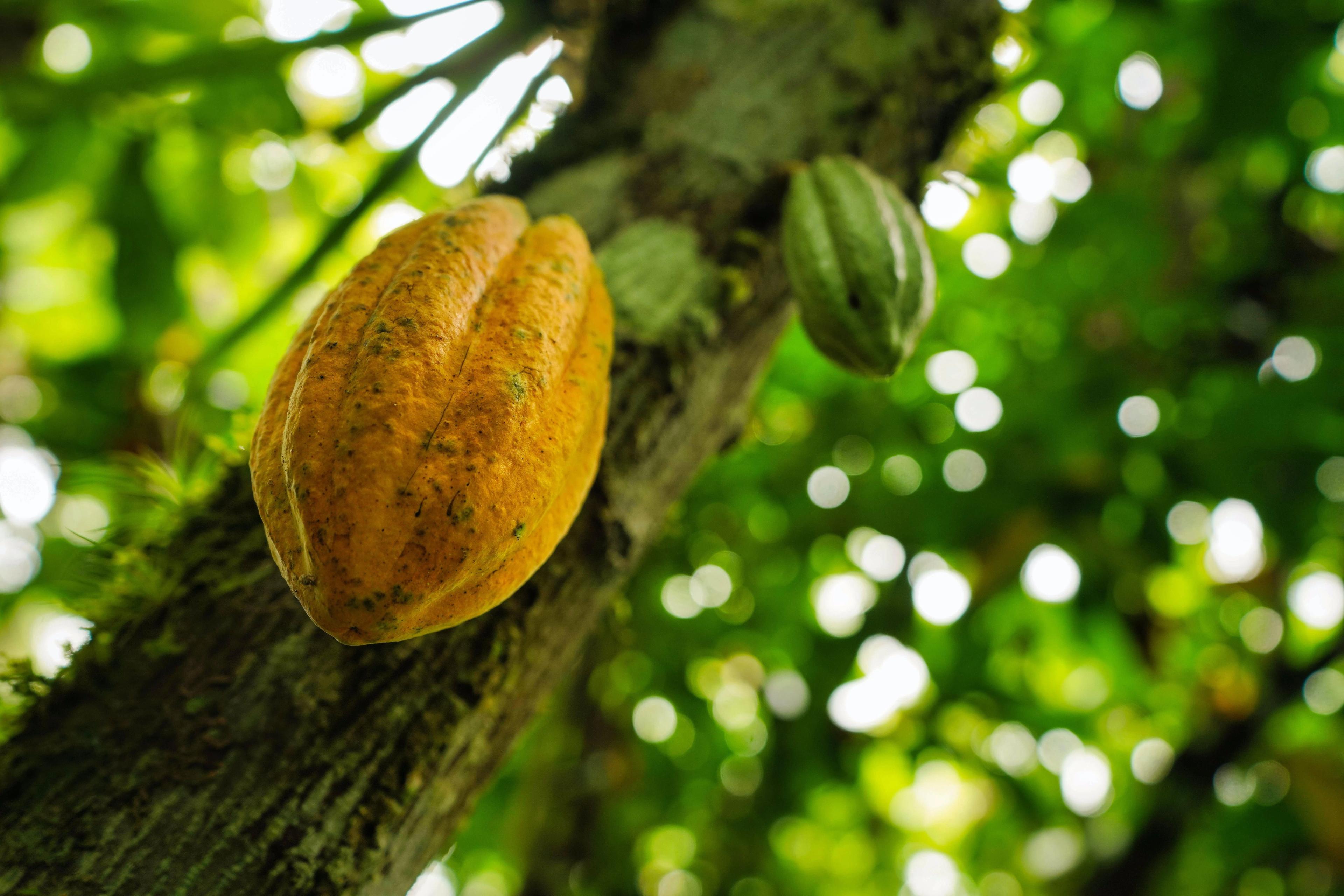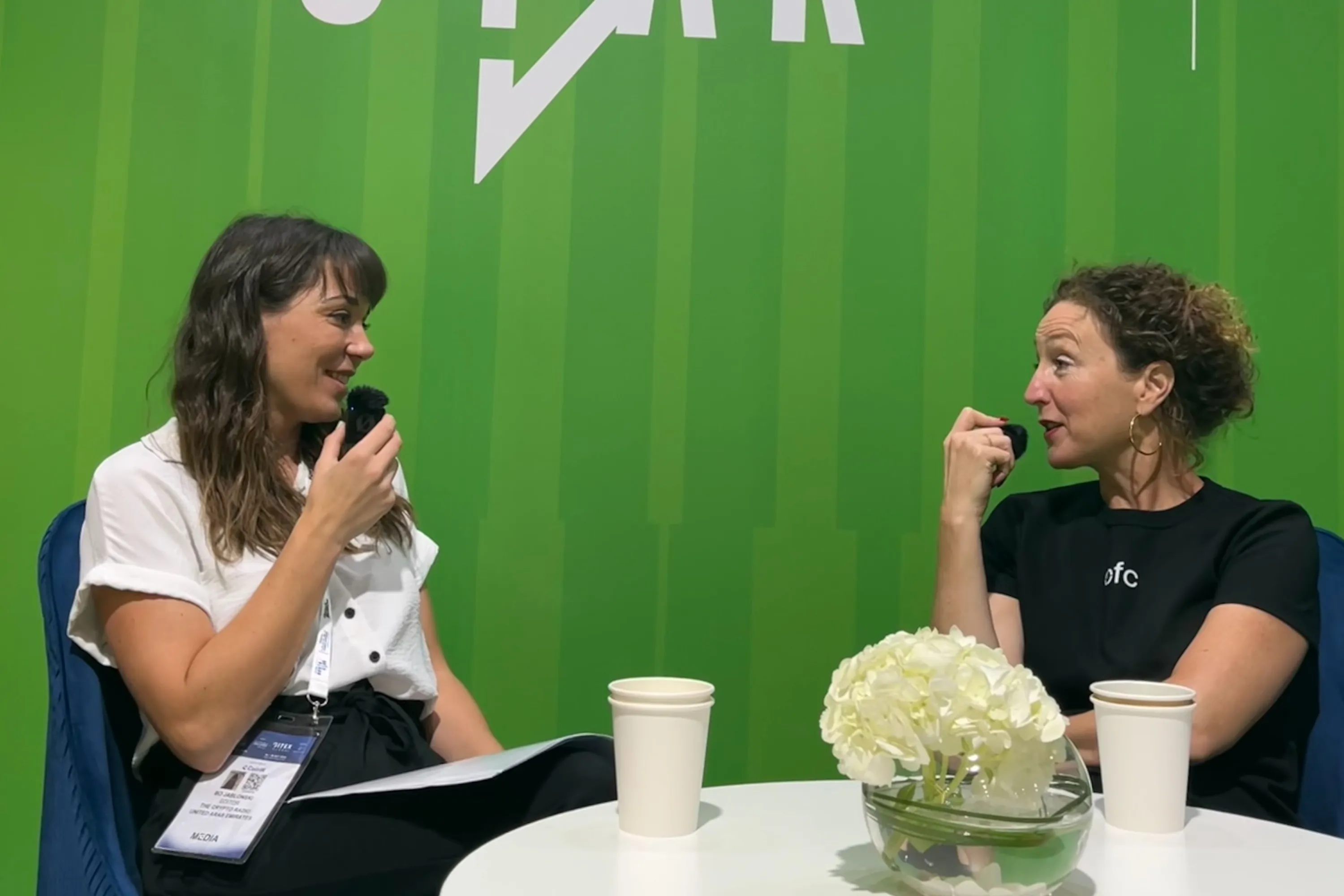‘In the food industry, the level of fraud is really crazy’
Open Food Chain founder is on a mission to change the face of food

Marieke de Ruyter de Wildt is on a mission to change the face of the food industry. As founder and CEO of Open Food Chain, and with a background in both agriculture and blockchain technology, she is ideally placed to bring about this transition.
Open Food Chain's core focus is providing B2B traceability solutions for major food brands. As Marieke explained, "We make your food traceable, so that if you are scanning a product by QR code, then you can see, as a consumer, what it is, where it's produced, how it's been made, what ingredients, what footprint it has."
So far, the company covers six main sectors—juice, cacao, coffee, olive oil, fisheries, and beef. One of the company's high-profile clients is the quirky drink company Innocent, which is part of the Coca-Cola family. By scanning the bottle's QR code, a customer can see the origin of every single piece of fruit squeezed into the smoothie, emphasizing Innocent's transparent and sustainable ethos.
'Beef is the single most contributor to deforestation'
Marieke believes blockchain is essential for creating this level of transparency. "For verifiable, reliable data, you need an immutable data infrastructure, and today, blockchain is the most efficient [way] to do that."
The blockchain allows for public verification of claims, increasing reliability and trust in the supply chain. Marieke said that storing supply chain data on the blockchain drastically reduces the chances of this information being incorrect as it encourages social involvement and has fewer vulnerable points. Once information is on the blockchain, it cannot be changed. A company cannot lie and then sneakily change the information later or periodically.

If a company says a product orginates from one specific farm, this information will be fully accessible - on the blockchain - to the general public and the media, whose responsibility it will be to sound the alarm if it's incorrect.
Implementing traceability has not been easy, especially in certain industries. As Marieke noted, "Beef is actually not going very fast, and the reason for that is that it's a very closed industry, so they don't really like transparency and like consumers knowing it's the single most contributor to deforestation. They have the biggest footprints, so they have most to lose, and that is why they're less keen on traceability."
Despite these challenges, Marieke remains optimistic about the future of food traceability, especially as new regulations emerge. "Finally, it is really emerging, not only in the US, also in the European Union. In Asia, it is governments that are demanding traceability, and they should, because, you want to protect your consumer."
Looking ahead, Marieke's long-term goal is for Open Food Chain to become "the only standard for traceability" in the food industry. To achieve this, the company is launching a token in the new year to incentivize data validation and accelerate their expansion into new sectors.
She remains optimistic about the future, but recognizes the urgency of the task at hand. "We don't even have more than 10 years, because still, food is the single source of deforestation. It's a third of the global gas emissions, so it's an important industry for sustainability. So we don't have more than 10 years, we should act faster and we can. So why wait?"
Listen to the whole interview on The Crypto Radio's live player or in our Bigger Picture podcast.



